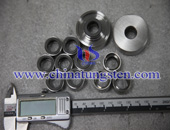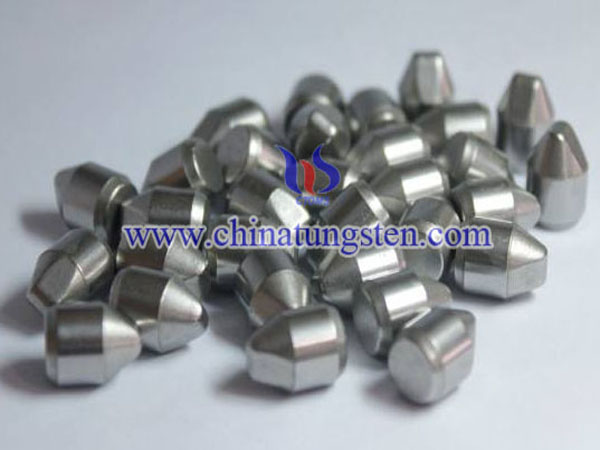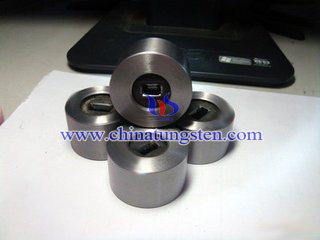Silicon Carbide Seals

What is Silicon Carbide Seals?
Silicon carbide (SiC), also known as carborundum, is a compound of silicon and carbon with chemical formula SiC.
Silicon carbide seals have the property of excellent resistant-corrosion, high mechanical strength, high thermal conductivity and good self-lubrication. Silicon carbide seal faces are widely used in many different industries, including spacecraft, machinery, metallurgy, printing and dyeing, foodstuff, pharmaceutical, auto industry and so on. When the silicon carbide seal faces are combined with graphite faces, the friction is the smallest; they can be made into mechanical seals which are able to work in highest working requirements.
Reaction Bonded Silicon Carbide (RBSiC, SiC), and Pressureless Sintered Silicon Carbide Seals (SSiC).
| Silicon Carbide (SiC) Physical Property | |||
| Technical Parameter | Unit | RBSiC, SiC | SSiC |
| Hardness | HS | 110 | 115 |
| Porosity Rate | % | 0.3 | 0.2 |
| Density | g/cm3 | 3.00~3.05 | 3.10 |
| Compressive Strength | MPa | >2200 | >2500 |
| Fractural Strength | MPa | >350 | >380 |
| Coefficient of Heat Expansion | 10-6/°C | 4 | 4.2 |
| Content of Sic | % | ≥90 | ≥98 |
| Free Si | % | ≤10 | ≤1 |
| Elastic Modulus | GPa | ≥400 | ≥410 |
| Temperature | °C | 1300 | 1400 |
Silicon carbide seals is one of the most popular high performance tribo-materials, which has been commercially available for more than twenty-five years. Silicon carbide seals features include:
· Excellent abrasion and wear resistance
· Excellent corrosion resistance
· Low coefficient of friction
· Low coefficient of thermal expansion
· High thermal conductivity
· Hardness greater than tungsten carbide




